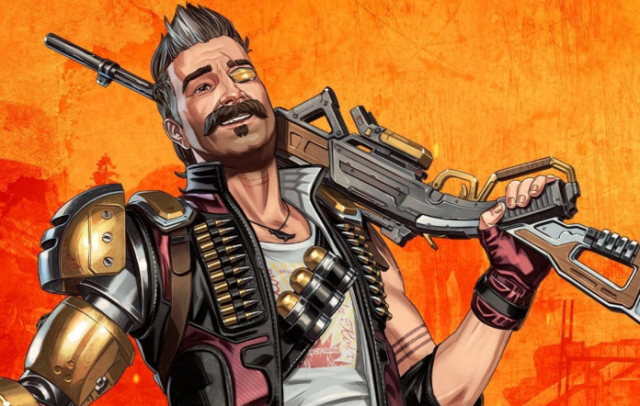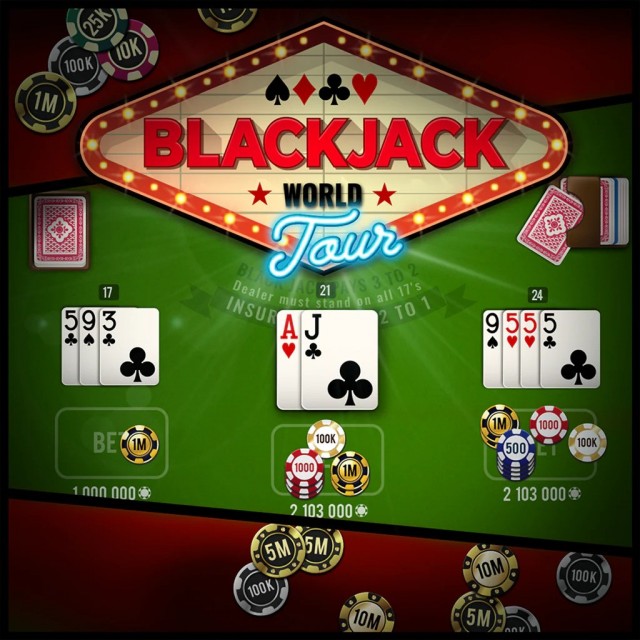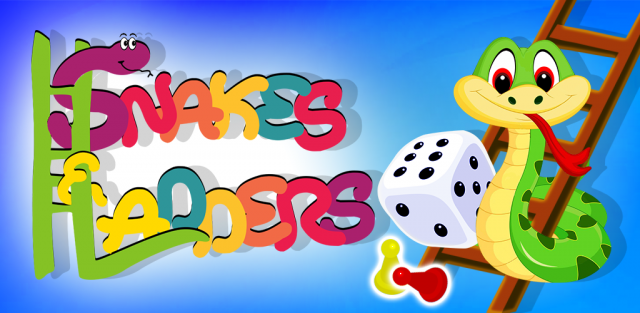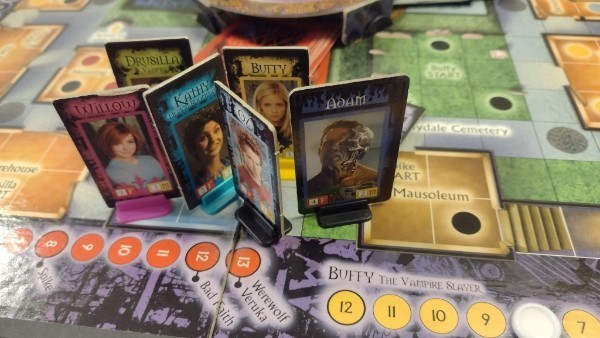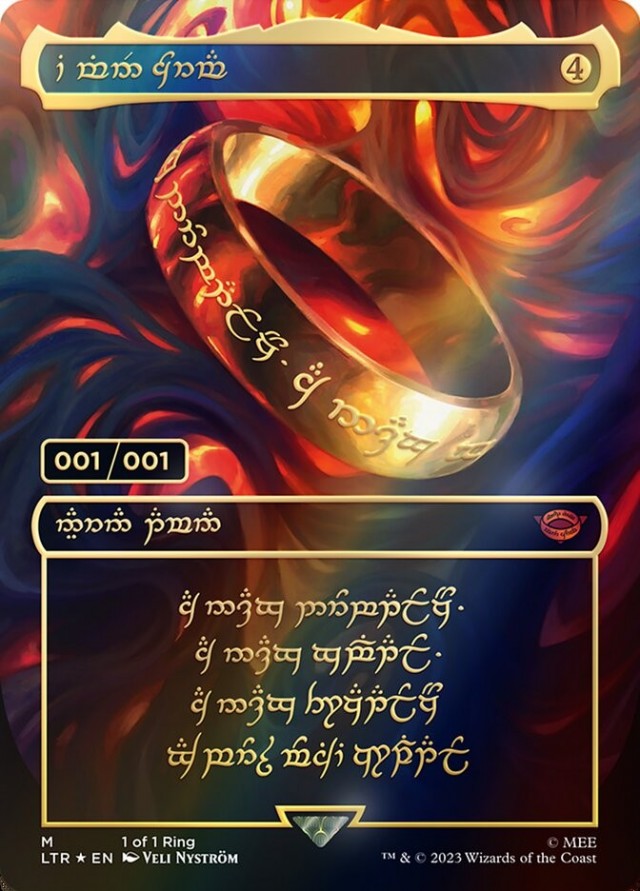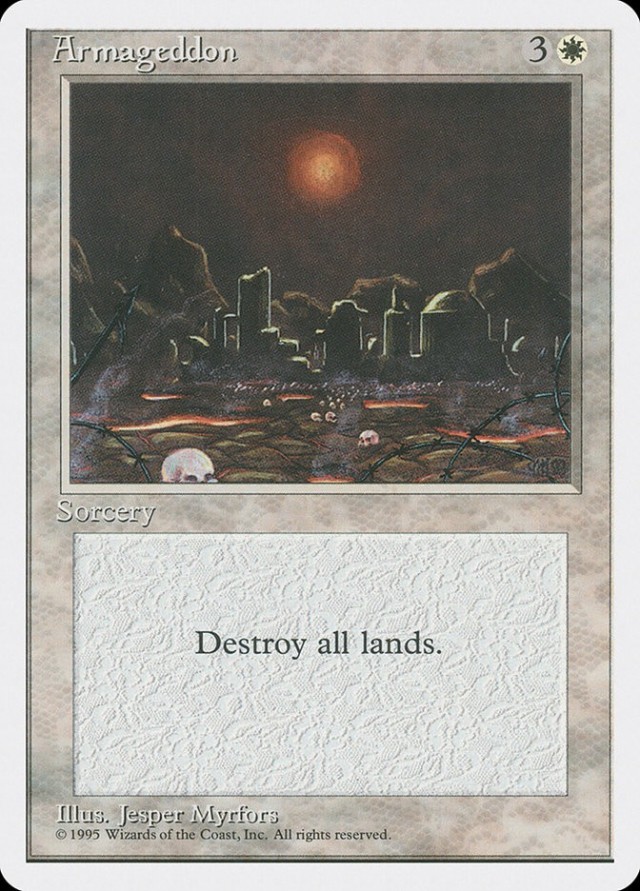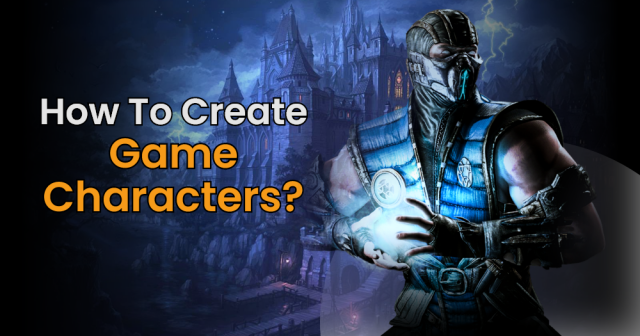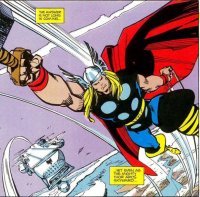Back from a long hibernation involving many games with the word "merchant" in the title, here's the lucky 13th iteration of "Why Do I Own This?"
How did I get it? This was a Christmas present from my wife, who ordered it and had it sent to my parents' house so I could open it there. I didn't have any decent organization for the game yet, but that didn't stop me from foolishly punching out every token for the game. Keep in mind that this was the 2012 Fantasy Flight release, which actually had two versions of the game, both with lots of unique tokens. It was an enormous box filled with tiny cardboard chits, until I finally got it sorted out.
Why do I still have it? Merchant of Venus, or at least the original 1987 version of it, has become one of my favorite games. It has proven to be a perrennial favorite of many people I have gamed with, the newest person being my son. It's one of those rare games that I don't foresee ever getting rid of.
How is it? I have a weakness for pick-up-and-deliver games with strong thematic flavor, and Merchant of Venus is perhaps the purest interpretation of that genre. It really is just about taking merchandise from one planet to another as efficiently as possible, but it puts a huge amount of agency in the hands of the player. Even when I lose, I feel like I was allowed to lose in exactly the way I wanted. It also does exploration really well, to the point where the early game is one of the best parts. It very organically divides up into different phases of the game, without a need for any kind of complicated structure. There's the exploration in the beginning, which then gives way to stable loops developing. If you play a longer game (and you should; 3000 credits is my preferred game length) you begin to see those systems break down as planets begin running out of goods to sell. It's a really fascinating economic system, all wrapped up in a fun 50's sci-fi atmosphere. This is one of the best economic games ever designed, and I hope it makes it back into print now that FFG has passed it by.
Merchants & Marauders
How did I get it? I believe this one was a purchase with birthday money. In 2011 or so Merchants & Marauders was one of the few successful pirate games out there, so it was near the top of my list. I got the expansion several years later as a Christmas gift.
Why do I still own it? This is another game that nearly didn't make the cut when we moved overseas. It overlaps considerably with Merchant of Venus, at least in terms of flavor. What saved it was its pirate setting, which is well-realized and always fun. I kept it in favor of Pirate's Cove, the old Days of Wonder game that floats between print runs now and then. In hindsight I wish I had kept both.
How is it? When I first played Merchants & Marauders it was a big hit. I could play it over and over. It has not seen the table in quite some time, but there is still much to recommend it. The dichotomy between being a legitimate merchant and turning to piracy feels well-balanced, offering the player a lot of ways to play. I also like the way it pushes the racing mechanic. Sometimes highly thematic games create a lot of space in which to play and then force the player to bypass much of it so they can actually win. Merchants & Marauders gives the player a lot of ways to pursue victory, and much like Sid Meier's Pirates!, it does a good job at capturing the idea of piracy, rather than the historical reality. The downside is that it comes with a lot of mechanical overhead. Everything has its own system, and you don't engage with any of them often enough to make the game very easy to learn. You just need to play it a bunch, but it's kind of a long game too. It also has kind of a janky endgame, particularly with the banking mechanic. The intent is clearly to make the game more ambiguous in its ending, but in practice it just means you need to watch when people score five points and starting rushing home, even though the game ends at ten points. But the leakiest part of the game is the combat, which is both complicated and unnecessarily harsh. It feels very old-fashioned, and it's enough to make players not want to engage with it. Merchants & Marauders is still a fun game, but it definitely feels like it's from a time when complex thematic games were more the trend.
How did I get it? As with Hemloch: Dark Promenade, Lords, and Cartouche: Dynasties, Merchants of Muziris was purchased in the brief period when Small Box Games was publishing games through Drivethrucards.com. It sits in a box with its three brothers.
Why do I still own it? Of the four Small Box games I bought in this format, Merchants of Muziris is by far my most-played. It's an intuitive design from John Clowdus, an innovative designer but not always a fun one. This is indeed a fun game, and its approachable trading theme feels right on the money. It's also a game my son requests, possibly because he's quite good at it.
How is it? Innovation doesn't always mesh well with playability, but Muziris is a great showcase for John Clowdus as a designer. It has the same cycle of special powers, multi-use cards, and two-player gameplay that he always does well, but it wraps it into an attractive and intuitive package that is over in about 45 minutes. The fun gameplay is augmented by bright illustrations and intuitive graphic design, making this a treat to play.This is an excellent game, and fifteen years ago it would have been a huge hit, when two-player games like Lost Cities were all the rage. It did get picked up in the Kolossal/Small Box deal, but the rerelease was to my understanding rather different than the original. It's a shame, because this is one of Clowdus's best games.
How did I get it? Earlier this year I had to make a business trip back to Kansas City, where my wife and I met and lived for several years. No trip to KC is complete without a trip to Tabletop Game and Hobby, one of my favorite game stores in the world. I bought this one on the recommendation of many online friends, because it was cheap and fit nicely in a carry-on.
Why do I still own it? While it has been something of a bust when playing with my family, The Mind has been a minor hit with my wife and I. It's been very popular with our friends though. We are not very good at it, so our games are short. That just makes it easier to play again though, so this one sees a lot of action.
How is it? I am fascinated by games that focus on "soft" mechanics. By "soft" mechanics I mean informal things that can't really be designed, like negotiation, interaction, story-telling, or other social skills. These sometimes are dismissed by hardcore gamers as being "group-dependent," to which I say pretty much every game is group-dependent. It is therefore not surprising that The Mind has been something of a divisive game. It is not so much a game design as a set of game parameters. It's a game almost entirely about "soft" mechanics, and those kinds of designs can sometimes be a mess. But The Mind is a whole lot of fun. There is something supremely satisfying about managing to put cards in order using no words or non-verbal cues. There's a rich sense of tension as the players all wait for the next person to play a card. It also makes for surprisingly good outside viewing, the card game equivalent of a high-wire act. When you pull it off, you feel like cheering. That's a valuable game experience, and The Mind pulls it off with almost no rules at all. Now that's a cool trick.
How did I get it? Before moving from the US I bought Modern Art with a bit of birthday money. This is actually my second time owning the game, as I had the old Mayfair Games version from the late 00's. That version was cheap and not very nice looking, but it did seem to grasp the satirical edge of this classic Knizia game. The newer CMON version is very nice though, and is through the roof on graphic design.
Why do I still own it? Stubbornness, mostly. I'm quickly becoming the guy who brings Modern Art to every game night but never actually plays it. But I keep bringing it because it's a very good game, one that I've become more comfortable with as I get older. I am convinced that it'll take a single play before people understand how good it is. Til then, I keep bringing it to game nights.
How is it? Reiner Knizia has a reputation for making abstract games, but it's more that he makes games that LOOK abstract. He's able to capture themes in numerous ways besides the visuals. Modern Art is some of his best work from a pure design standpoint, because it relies so heavily on human folly. It's as much about forcing the other players to panic and overpay, as it is about making good decisions yourself. As one of Knizia's earliest hits, it doesn't have a lot of guardrails that might be on the game if it were made today. The auction allows you to fail and send the game in a highly unstable state. This is actually really interesting, because it forces the players to learn how to play well, rather than forcing them toward good play. Most groups will have really pear-shaped experiences, which will then settle into a kind of equilibrium after they gain some know-how. This makes Modern Art one of the most rewarding German game designs, extremely player-focused and deep. You feel like you're playing each other rather than the system. As stated earlier, the newest versio by Cool Mini or Not is very well-produced. CMON called upon actual artists to make the cards, and they are all very good. The downside is that it no longer has quite the sarcastic edge about the art world that previous editions had, but it's not that big a deal. This is still one of the finest auction games ever made, and it's a must-try for anyone interested in bidding games.
Next week: Our last visits with John Clowdus, the best conflict game ever, and an overloaded moving truck.
 Games
Games How to resolve AdBlock issue?
How to resolve AdBlock issue? 